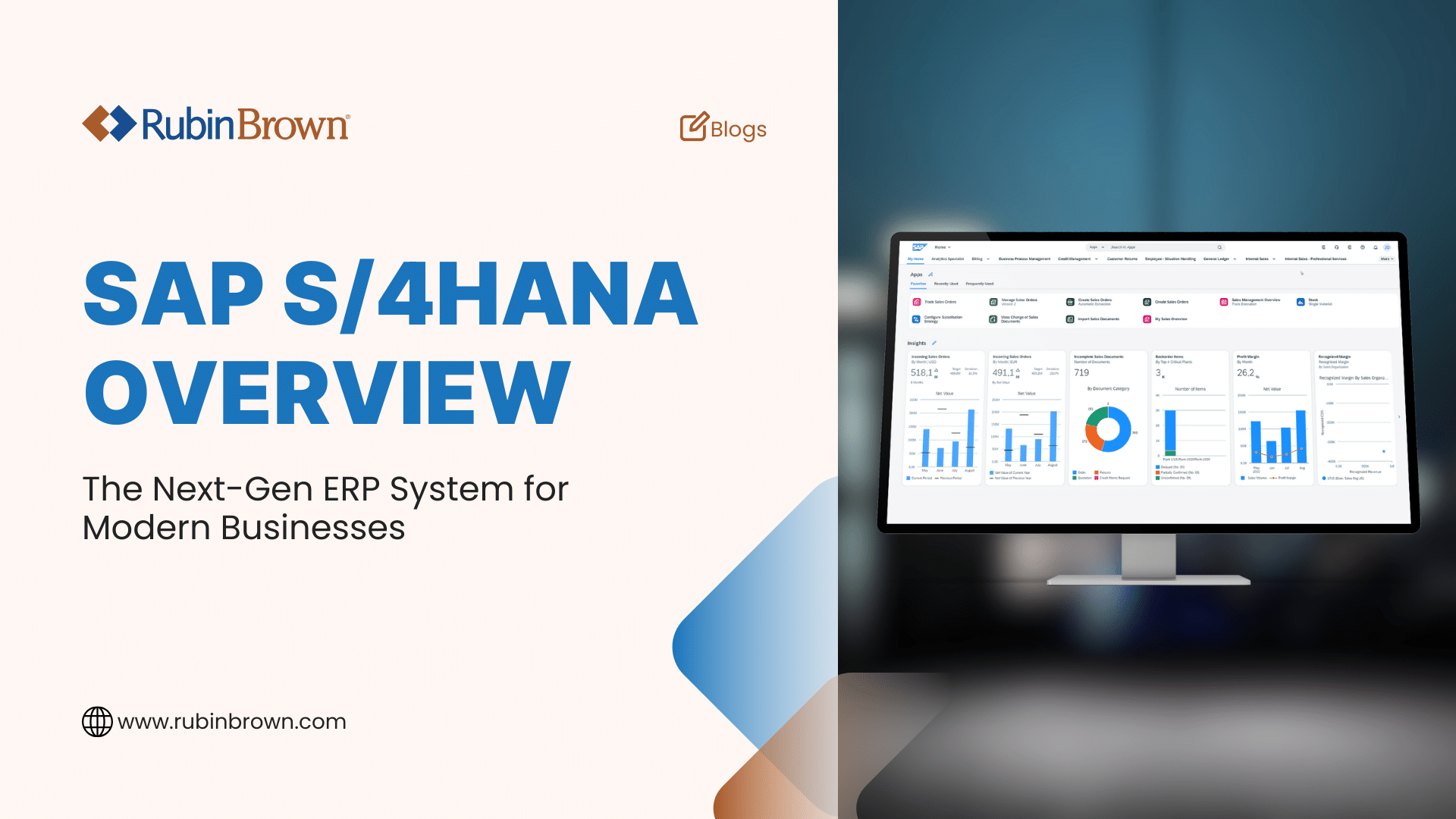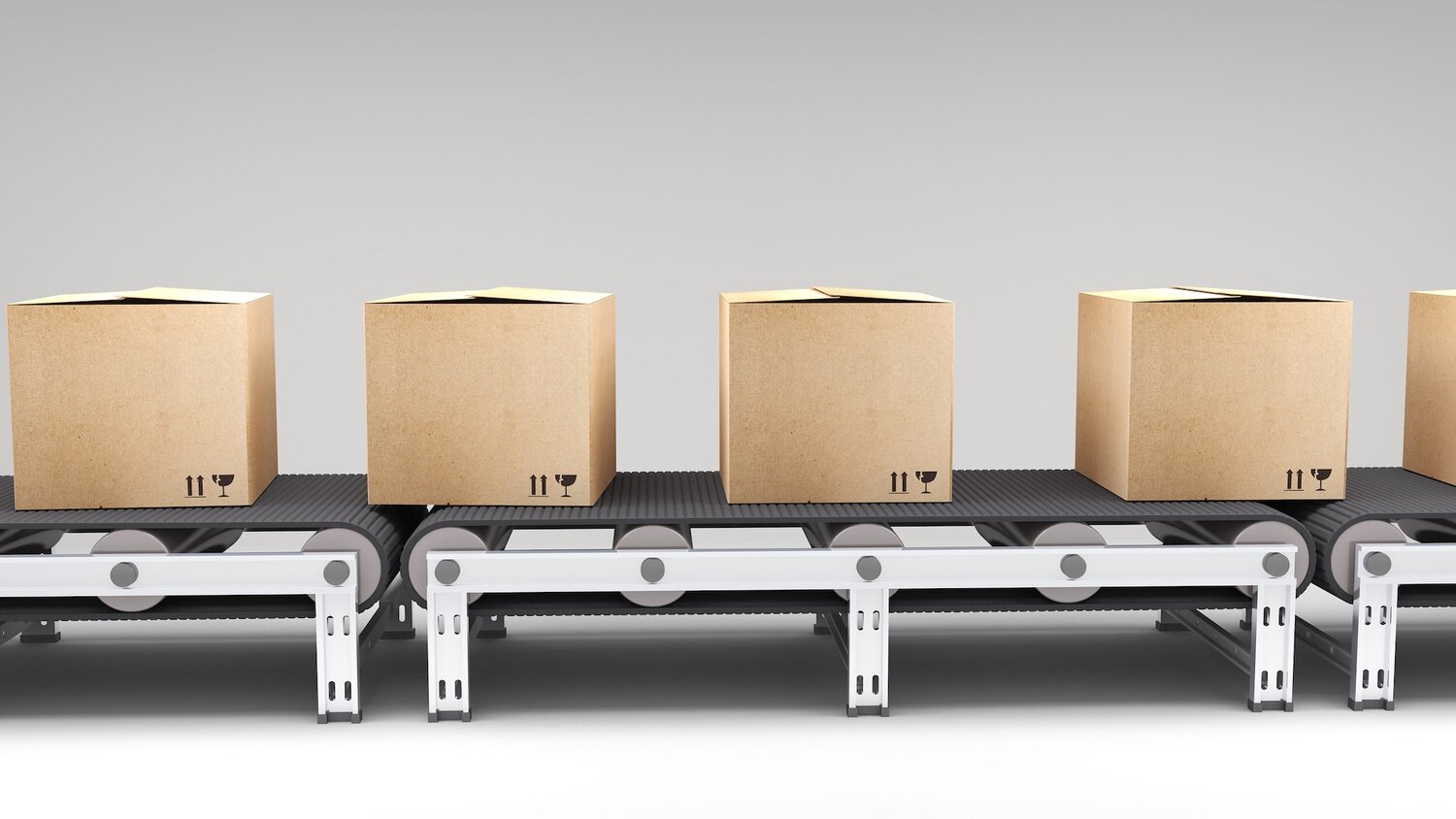SAP S/4HANA Overview
When it comes to managing and growing a business in today's fast-paced environment, having the right tools and systems in place is essential. SAP...

Chief Executives and C-suite leaders are faced with more challenges and investment requirements than they have resources to meet them. New products, new plants, e-commerce, new geographies, “old” competitors…. and the list goes on.
Where does an ERP system fit into those competing priorities? It should be near, if not at the top of that list because it solves fundamental business problems. It also positions the company to grow faster and achieve a more profitable level.
Understanding the way in which a new or modernized ERP system will improve a business is vital. Some very important questions to ask are: What are the pain points that your company is experiencing? What are your competitors doing, and how are they doing it?
As you look toward this year and consider your options for growth or the company’s future overall, it is important to put the need for modernized and agile technology in its place: right at the top. Your people, processes, and technology will become the assets that they are intended to be, and you can move your company forward.

When it comes to managing and growing a business in today's fast-paced environment, having the right tools and systems in place is essential. SAP...

Insanity. Doing the same thing over and over but expecting a different result has become a popular topic of conversation in the business world....

1 min read
Reality is kicking in. Omni-Channel environments are not just for retailers, they are critically important to the manufacturers and distributors that...